Introduction
As a teenager I worked in a bakery, frying doughnuts for the morning customers. This meant I had to be at work by 3 a.m. Often I would drag in thirty minutes late, half-asleep and disheveled. My boss, Sandy, would shake his head and say, You know, any old fool can go to bed at night, but it takes a real man to get up in the morning.
I must have heard that phrase a hundred times, but never really understood it until I went into business for myself Its a principle as simple as it is timelessone that every successful person has learned in one form or another. Knowing what you need to do and doing it are not the same things.
Almost all of us have a desire to earn extra income for our family or to at least make the best possible choices when it comes to money. We want to be wise about how we use our time, talents, and resources. We long for the day we can give more, worry less, and be financially independent. And we know that there are steps we need to follow in order to achieve those goals. As the Bible proverb advises, Take good counsel and accept correction thats the way to live wisely and well (Proverbs 19:20).
If you want wisdom on finances, this little book just may be your first step toward doing what you know needs to be done in order to move forward. There are thousands of ways to increase your family income, but you need only a few of them to succeed. Included here are ninety-nine tried-and-true ideas to get you started. Its not an exhaustive listjust a few thoughts worth getting up in the morning for.
Get wisdomits worth more than money;
choose insight over income every time.
P ROVERBS 16:16
Any desire to earn extra income has to begin with a basic understanding of healthy financial management. No effort to make additional money will succeed if you havent first learned to make wise choices with the resources you bring in. Thats why were devoting the first section of this book to the basics. Its the old putting the horse before the cart principle. Once you learn to walk, running comes naturally. But you do have to learn to walk first, and that may mean a few bumps and bruises along the way. Some of these ideas may seem elementary, but heres a promise from me to you: put these basic principles into practice and youll be positioned to forever change your financial future.

T AKE A F INANCIAL X-R AY
When a doctor needs to know whats going on inside your body, he takes an internal snapshotan x-ray. This reveals hidden problems that dont always show up on the surface. Its often the first step in diagnosing a serious problem. Why not take that same approach with your finances? Begin by keeping track for an entire month of everything you spenddown to the last cup of coffee or package of gum. Be specific, accurate, and honest. Then create a personalized spreadsheet so that you have a detailed overview of your monthly income and expensesjust like a companys profit-and-loss statement. This is your financial x-ray in black and white. Its your most important diagnostic tool. If your outgo exceeds your income, you have a serious problem. And the next step is to plot out a plan to fix it.

W RITE O UT A B UDGET
Lets face it: life is more fun without a budget. A budget is your financial dorm mother telling you what you can and cant do. It sets perimeters on your buying and spending habits that youd rather not have. But the truth is, we all need them. Budgets are our tether to reality. And in the world of getting ahead, they serve as an invaluable road map to financial freedom. Use the financial x-ray you took as a tool for creating a written monthly budget. Now that you can see at a glance where your money is going, make tough decisions about where to make needed cuts. Your goal is to do more than simply balance the budget but also to identify and eliminate wasteful spending habits. Remember, you want to get ahead, not just break even. Set a budget that allows you a profit at the end of each monthmoney left over to save and invest.

H AVE W RITTEN G OALS
Think about how you plan a long road trip. You start with a road map, placing one finger where you are and the other where you want to go. Then you plot out the best way to get there, breaking it down into small, manageable increments. Use that same principle with your financial goals. Do you want to earn an extra $10,000 this year? Pay off a car early? Save money to start a business? Decide where you want to go; then write out a detailed map to help you get there. Include specific dates and time lines to help keep you on track. Flesh it out as clearly as possible. Then stick to your plan. Studies show that only 2 percent of people actually set written goals for financial success, but those who do almost always get where theyre going.

N ARROW Y OUR O BJECTIVES
When setting your financial goals, its important to identify the ones that matter most so that those objectives go to the top of your priority list. For instance, is early retirement your number-one priority? If so, that should take the top spot. Do you want to make sure you have enough to send your kids to a good college? Jot it down. Are you worried about job security? Then a healthy emergency fund needs to be a top priority. List your priorities in order of importance, then begin by focusing on the top three. When those objectives are met, you can move on to the next three. This is how successful businesses decide where to focus their energies, and its a good approach to personal finances as well. This way you remain focused and always have a specific financial goal you are working toward.

P RIORITY #1: G ET O UT OF D EBT
Any financial plan should begin with a goal to get out of debtfirst and foremost. Theres no easy formula. Falling into debt is always easier than digging out of it. But here are a few tried-and-true steps to get you started. First, order your debts from the lowest to the highest balance, then decide how much money you can pay toward these debts each month. The more disciplined you are, the faster youll be free. Then continue paying the minimum balance on all the debts except the one with the lowest balance. That one you commit to paying as much as you possibly can each month until it is paid in full. Then take on the next lowest debt and do the same thing, without altering the monthly amount you pay. Use this formula and youll be debt free far sooner than you might expect.



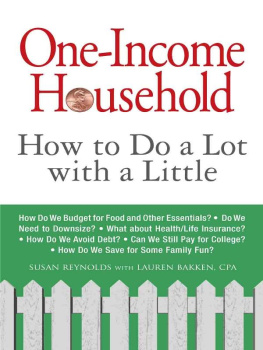
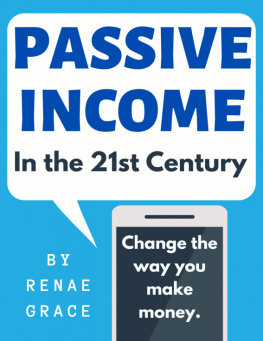



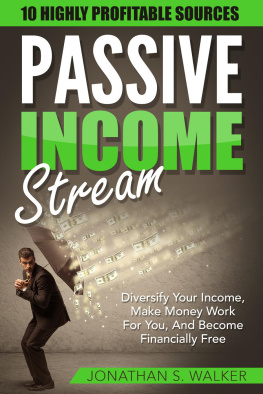
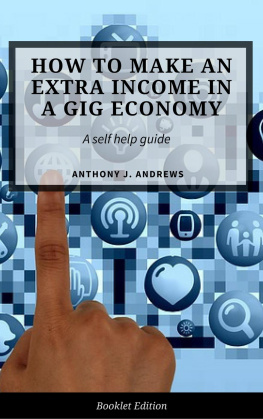
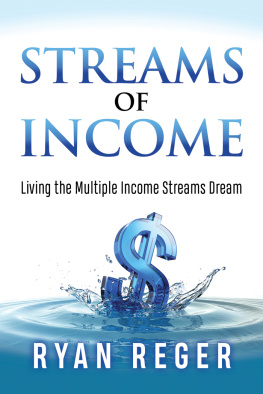
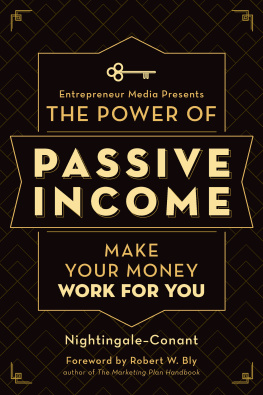
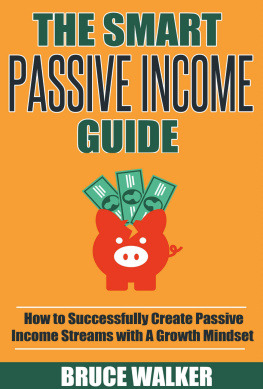

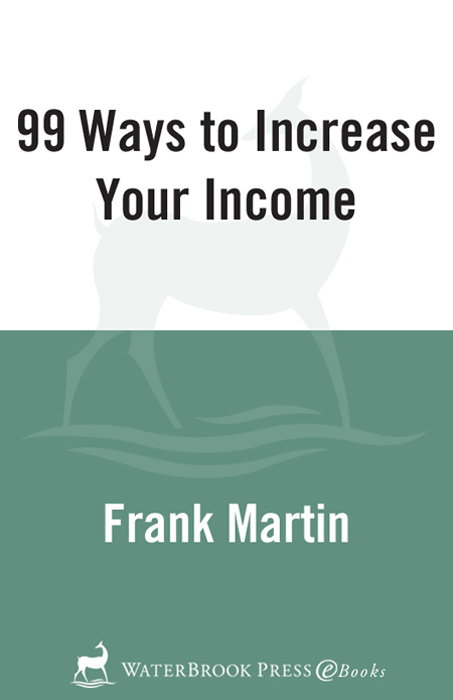
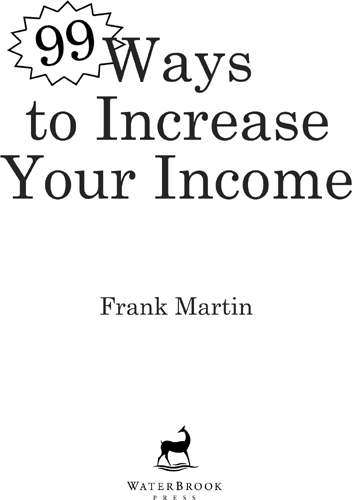








 T AKE A F INANCIAL X-R AY
T AKE A F INANCIAL X-R AY W RITE O UT A B UDGET
W RITE O UT A B UDGET H AVE W RITTEN G OALS
H AVE W RITTEN G OALS N ARROW Y OUR O BJECTIVES
N ARROW Y OUR O BJECTIVES P RIORITY #1: G ET O UT OF D EBT
P RIORITY #1: G ET O UT OF D EBT